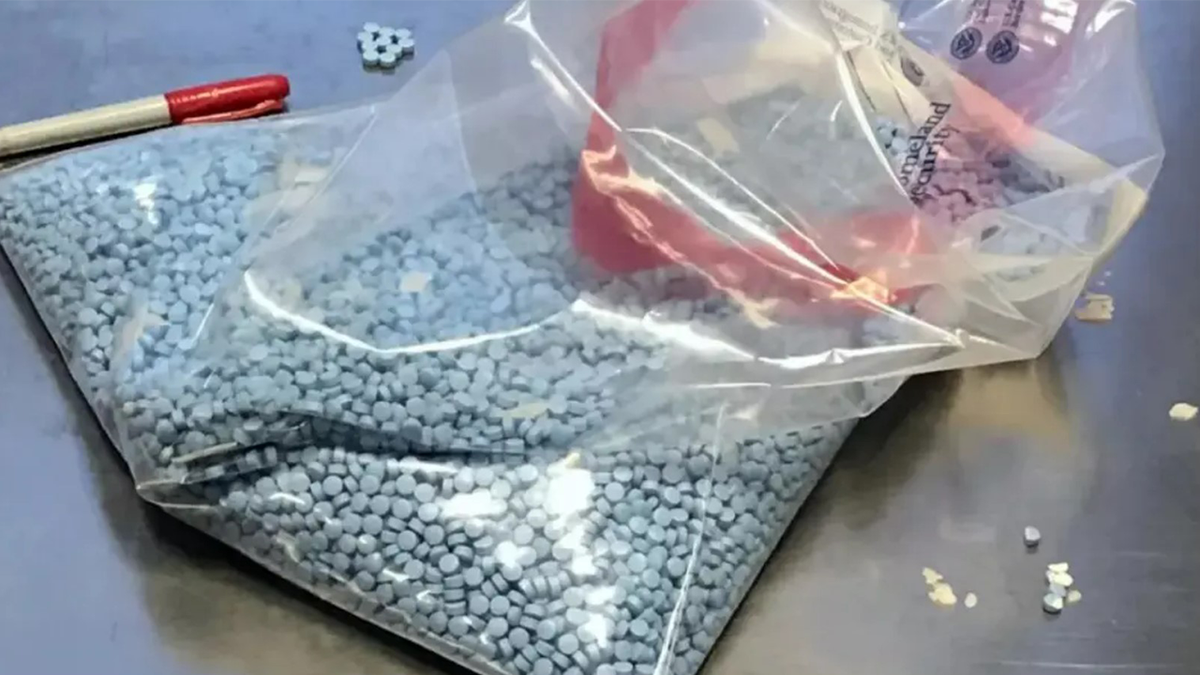Tennessee father charged in death of 23-month-old son who overdosed on fentanyl
A Tennessee man has been charged with the death of his 23-month-old son who died in October from a fentanyl-related fatal overdose, the Metropolitan Nashville Police Department (MNPD) has announced.
Kelvin Blaylock Jr., 22, was issued with criminal homicide and aggravated child neglect warrants on Thursday by youth services detectives who had been investigating the death of his son for the last three months, the MNPD said in a statement.
Blaylock called 911 on Oct. 3 to report that he had woken up inside an Ireland Street residence and found his son, Kashton Blaylock, unresponsive. The child’s mother had dropped their son off to be in his father’s care while she went to work.
5 VIRGINIA ELEMENTARY STUDENTS INGEST FENTANYL-LACED GUMMY BEARS, REQUIRE MEDICAL ATTENTION
Officers responded to the scene and Kashton Blaylock was rushed to Centennial Medical Center where he was pronounced deceased,
An autopsy determined that the cause of his death was due to the toxic effects of fentanyl and metonitazene, a relatively new high-potency synthetic opioid also known by the street name “pyro,” which is increasing in prevalence in the U.S. It is unclear how the child managed to consume the drugs.
During an interview Wednesday, Blaylock admitted to using heroin two hours before finding his son unresponsive, the MNPD said.
K-9 BUSTS SUSPECTS HAULING 118 POUNDS OF ALLEGED FENTANYL, COCAINE WITH TILE SHIPMENT IN NORTH CAROLINA
Blaylock is already jailed on unrelated failure to appear charges.
Kashton Lamont Blaylock, the child’s mother, launched a GoFundMe following the death of her son where she described him as “smart, strong, loving, and outgoing.”

“I am a single mom to two loving handsome young boys, and one was taken from me that had so much life left to live, and it hurts,” she wrote.
More than 79,000 Americans 55 and older died from an opioid overdose between 1999 and 2019, according to a recently released Senate report.
The rate of overdose deaths increased from 3 per 100,000 in 2002, to 12 per 100,000 in 2021, the report reads.

Read the full article Here


